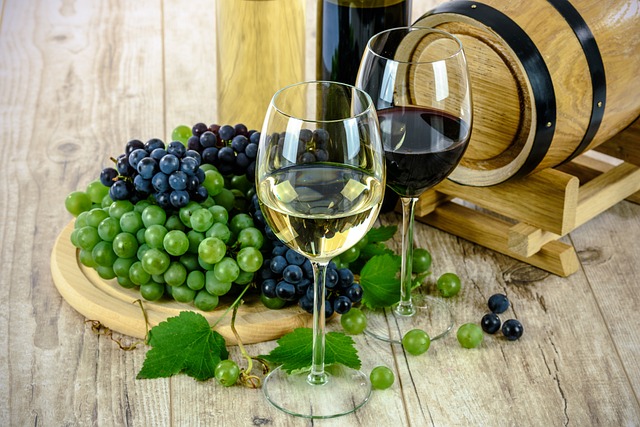
German winemaking boasts a storied heritage that spans centuries, cultivating a reputation for exceptional wines renowned worldwide. The roots of this revered winemaking tradition run deep, weaving together a tapestry of history, terroir, and craftsmanship. In this article, we delve into the origins and evolution of German winemaking, shedding light on the factors that contribute to its enduring appeal.
- A Tapestry of Terroir:
German winemaking owes its distinctiveness to a unique interplay of terroir factors. The country’s diverse landscapes, ranging from steep river valleys to rolling hills, provide a wealth of microclimates ideal for grape cultivation. The rivers Rhine, Mosel, and Main, among others, have played a pivotal role in shaping Germany’s vineyards, as their winding paths create picturesque terraces and optimal sun exposure. These natural conditions contribute to the exquisite flavor profiles and delicate nuances found in German wines.
- Ancient Vineyards and Noble Varietals:
Germany’s winemaking tradition is deeply intertwined with its ancient vineyards, some of which date back to Roman times. Vineyards such as the Mosel, Rheingau, and Pfalz have witnessed generations of winemakers meticulously tending to the vine rows, preserving time-honored practices and cultivating renowned grape varietals. Riesling, the epitome of German wine, shines as the noblest of the grape varietals, known for its exceptional aromatic complexity, vibrant acidity, and ability to reflect its terroir.
- Meticulous Craftsmanship:
German winemaking is a testament to the meticulous craftsmanship embraced by its vintners. Winemakers in Germany uphold a deep respect for tradition while embracing modern techniques to ensure the production of high-quality wines. From hand-harvesting grapes to gentle pressing, their attention to detail is evident at every stage of the winemaking process. The commitment to preserving the intrinsic character of the grapes is reflected in the balanced and elegant wines that grace German cellars.
- Classification and Quality Standards:
Germany’s commitment to quality is further underscored by its renowned wine classification system. The Prädikatswein system categorizes wines based on their natural ripeness at harvest, ranging from Kabinett (lighter, off-dry wines) to Trockenbeerenauslese (intensely sweet, luscious wines). This classification ensures transparency and assists wine enthusiasts in selecting wines that suit their preferences. Furthermore, the VDP (Verband Deutscher Prädikatsweingüter) association, representing some of Germany’s top wineries, promotes strict quality standards and sustainable practices.
- Cultural Heritage and Celebrations:
German winemaking transcends mere viticulture; it is deeply embedded in the country’s cultural fabric. Wine festivals, such as the world-famous Oktoberfest, celebrate the joyous union of German wine and traditional revelry. These events provide a platform for locals and visitors alike to savor the finest German wines while immersing themselves in the vibrant atmosphere of community and tradition.
The roots of German winemaking stretch back through time, interweaving geography, heritage, and craftsmanship. From the ancient vineyards that dot the picturesque landscapes to the hands of dedicated vintners, Germany’s winemaking tradition continues to produce exceptional wines that captivate enthusiasts worldwide. As you explore the rich tapestry of German wine culture, embrace the heritage and passion that have made these wines a true embodiment of excellence.
Related articles:
German Wine
Liebfraumilch Wine
German Wine Label Guide
German Eiswein
Spätburgunder: Germany’s Answer to Pinot Noir
German Wine Guide
German Prädikatswein System
History of German Wine
German Riesling
German Wines







